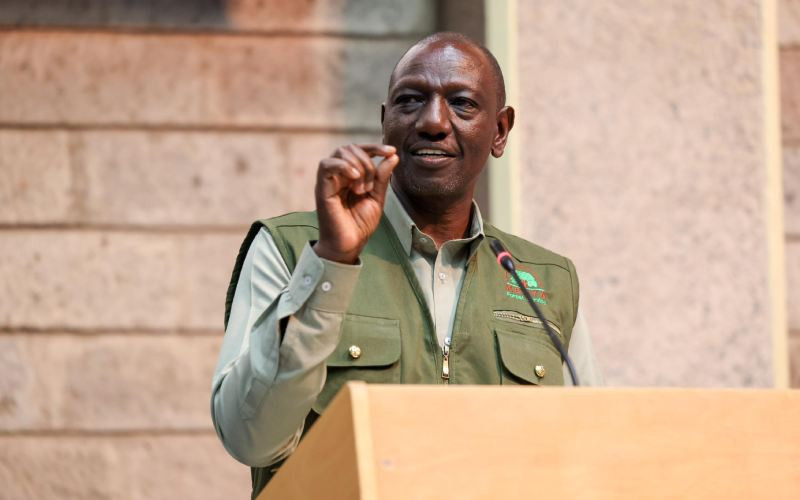×
The Standard e-Paper
Kenya’s Boldest Voice

President William Ruto has issued a keynote speech during the opening of the third session of the inter-governmental negotiating committee on ending plastic pollution.
The committee will be meeting at the United Nations (UN) headquarters in Nairobi from November 13 to 19.